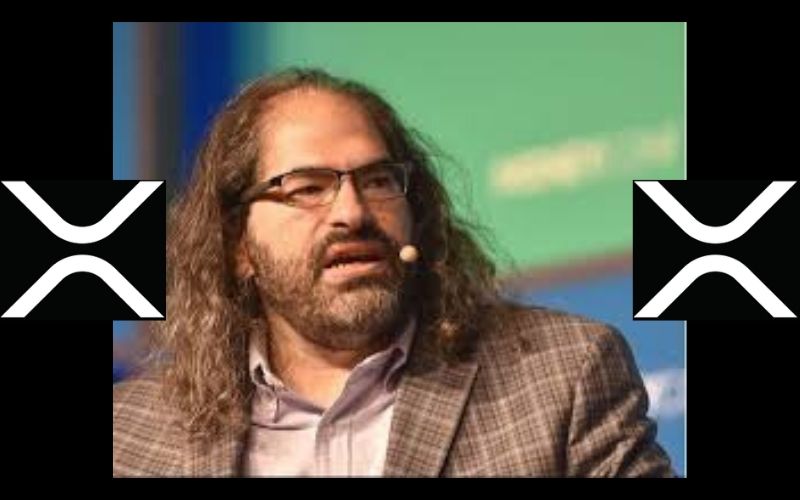The CTO at Ripple David Schwartz was in an impromptu conversation with two members of the XRP community a couple of hours ago. There, he was asked about what can cause XRP to be created, destroyed, frozen or locked out.
A user identified as BAAL, who seems to be a newbie in the crypto industry started the conversation with a sensitive question directed at David Schwartz and some experienced members of the XRP community.
In the tweet, he asked if the digital token XRP can be created, destroyed, frozen or locked out.
“Question from a newby. What can cause XRP to be created or destroyed besides the transaction protocol or forking? Can it be frozen/locked out?” BAAL asked.
In response to the question, Schwartz said there is no means for any software to create XRP. He furthered that users’ XRP cannot be locked by any third-party.
However, he said there is a possibility for holders to personally destroy their XRP tokens.
“There’s no mechanism in the software to create XRP and safeties to prevent it from being created by a bug or trick. There’s no freeze or lock for other people’s XRP since nobody would be entitled to that capability. You can easily lock or destroy your own XRP if you wish,” David Schwartz responded.
There's no mechanism in the software to create XRP and safeties to prevent it from being created by a bug or trick. There's no freeze or lock for other people's XRP since nobody would be entitled to that capability. You can easily lock or destroy your own XRP if you wish.
— David "JoelKatz" Schwartz (@JoelKatz) March 7, 2020
Another XRP enthusiast identified on Twitter as Breal asked the Ripple CTO if validators have the capability to burn XRP in the wallet.
“Could validators choose to burn Ripples escrow? Or, let’s say my xrp in my wallet?” Breal asked.
David Schwartz responded thus:
“No. Servers count the number of validators that agree with it. So such validators would just count as disagreeing, potentially halting the network if too many of them did this
Changing the rules or operating outside the agreed rules is effectively a hard fork. That requires everyone who wants to be on the side of the hark fork with the new rules to change their code.”
